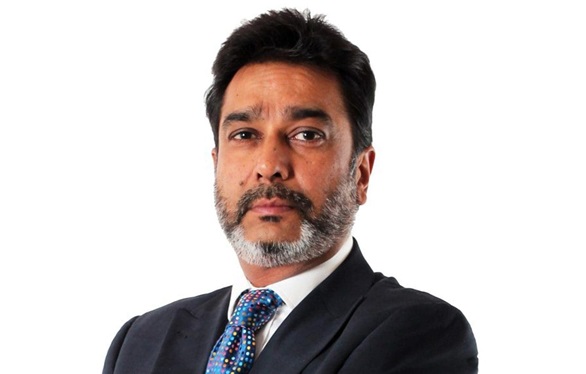
Renowned health systems advocate and founder of Avenue Healthcare, Dr. Amit Thakker has urged African governments to prioritise the efficient use of existing healthcare budgets before turning to donors or the private sector for additional funding.
Thakker made the call on Monday in Abuja during a sideline interview at the Africa Primary Health Care Forum (APHCF), themed “Reimagining Primary Health Care for Universal Health Coverage and Health Security in Africa.”
He questioned why, despite decades of donor support and growing government allocations, Africa still struggles to deliver basic health services and achieve Universal Health Coverage (UHC).
“The formula is simple: get more health for the money. Before asking for more money, stop the waste, stop the corruption and use what we already have more efficiently,” he said.
According to him, efficiency and not just funding hold the key to unlocking sustainable healthcare systems. He said that if countries fail to deliver measurable outcomes with their current resources, then additional investments – whether from donors or the private sector – would not yield the desired results.
He drew comparisons with sectors like telecommunications and banking, which have benefited immensely from market competition, efficiency and customer-centric innovations.
“Remember how much we used to pay for a phone call? Now it’s nearly free because of innovation and competition. Healthcare should be no different. When you have more qualified professionals, better systems and transparency, prices drop and access improves,” Thakker said.
He cited the example of India, where the expansion of medical professionals significantly reduced the cost of complex procedures such as heart bypass surgeries, making them accessible even to lower-income earners.
“People cross borders for healthcare, not just because it’s cheaper elsewhere, but because the quality is better at half the price. That’s what we need to replicate here in Africa,” he added.
Thakker acknowledged the workforce shortages across African health systems but said digital transformation was a scalable solution.
“We can’t multiply doctors overnight, but we can multiply their impact through technology,” he said, advocating for telemedicine, digital diagnostics and AI-assisted care to close the service gap without waiting decades for new workers.
When asked about the role of philanthropy and corporate social responsibility, he welcomed those contributions but maintained that governments bear the largest responsibility.
“Yes, CSR and donor aid help, but the biggest responsibility lies with governments – elected by taxpayers – to deliver quality healthcare. It’s not fair to rely on outside help while we waste our resources,” he said.
He noted that much of the aid African countries receive – such as vaccines, equipment and grants – comes from the taxes of citizens in donor countries, making it morally and politically unsustainable if African governments continue to underperform.
“If you waste half your Ministry of Health budget, and then ask the private sector to chip in, they won’t. Let’s fix the leakages first. Only then can we make a credible case for additional investment,” he said.
Science Nigeria reports that his remarks struck a chord with many participants, resonating as a direct call to rethink budget performance, improve transparency and build value-driven systems before seeking new financing arrangements.
Recall that at the APHCF high-level panel, stakeholders agreed that Africa must leapfrog traditional healthcare development hurdles through digital innovation, cross-sector partnerships and citizen-focused strategies.
From improved electricity and internet access to smarter financing models, better policy enforcement, and professional training, speakers highlighted that achieving UHC in Africa requires more than funding – it demands strategic collaboration and adaptive solutions.
“We can’t build brick by brick anymore. We must build smart, fast and together,” one participant noted.
Thakker’s message added weight to that consensus: “Africa doesn’t need more promises. It needs proof that every naira, every shilling, every franc is delivering results.”

